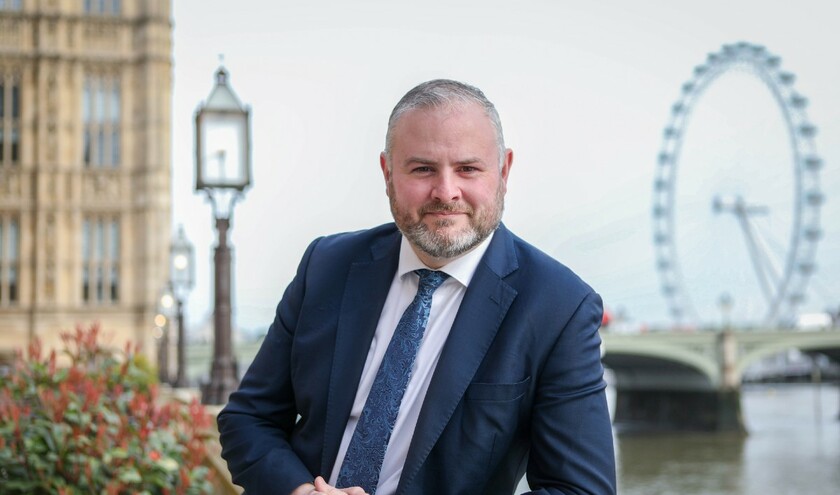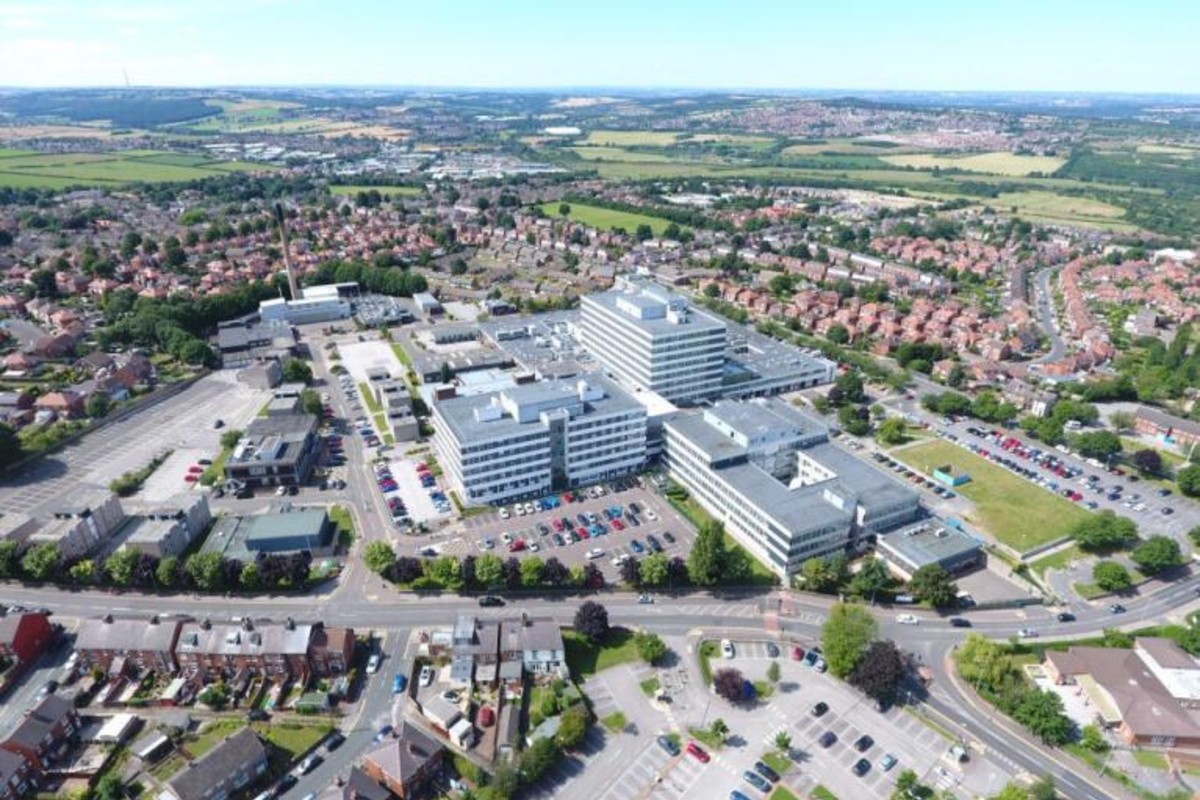Stephenson, who took up his post on 27 May, said he has been always been motivated by carrying out public service having worked as a councillor, MP and even community first responder for the NHS for 11 years.
‘I've always been interested in jobs where you can give something back to the local area,' he said.
Having had his own health issues in the past, Stephenson said he had first-hand experience of the outstanding care provided by the NHS.
‘Working as a community first responder gave me a real insight into the kind of patient issues and some of the challenges on the NHS front line,' he noted.
‘I've always been interested in health so this was too good an opportunity to pass up.'
Stephenson said working in a number of Government departments under the Conservatives had given him good knowledge of how the wider public sector works and helped develop stakeholder management skills and the ability to produce and deliver strategies.
In his most recent role as minister for health and secondary care from November 2023 to July 2024, Stephenson oversaw the long-term workforce plan board that delivered 50,000 additional nurses, which was a key commitment of the former Government.
He also took on more challenging areas such as delivering medical apprenticeships and four-year medical degrees where he admitted to having been less successful.
‘Speaking to university vice chancellors and others gave me a real insight into some of the competing challenges, pressures and priorities of different actors in the system,' he said.
‘In addition, as a minister I visited a different trust every week so I got to understand the different ways they were performing and how some were better at bringing down their waiting lists and elective care backlogs than others.'
Given his first-hand experience of healthcare, Stephenson said he was under no illusions about the challenges he faced going into the role.
The former minister agreed with the Labour Government's broad diagnosis of radical surgery for the sector.
‘We all acknowledge there are major problems and it's going to take some radical system transformation and redesign to put the system on a sustainable footing,' he noted.
Despite his opposing political affiliation, Stephenson said the Government was going along the right lines with its reform agenda.
‘I think the narrative around the three themes for the 10-Year Plan and the move from hospitals to communities is absolutely essential and long overdue,' he observed.
‘It's exactly the kind of thing that for a trust, which is both a community and hospital provider, such as UHMBT, provides a real opportunity.'
As a chair of roundtables on the deployment of AI in healthcare, Stephenson said he had seen how technology could improve patient outcomes, be more efficient and help make the system more sustainable financially.
Turning to the transformation programme currently underway in the NHS, the former MP said he supported the decision to disband NHSE.
‘I have a lot of friends who work in NHSE and this is a difficult time and we shouldn't underestimate that,' he noted.
‘Any transition will cause stress and anxiety to staff and we've got to appreciate that while at the same time saying we've got to a position where NHSE had become too large and unwieldy.
‘Ultimately I can understand the desire of ministers to be put back in the driving seat and get control back into the department.
‘I saw first hand as a minister there was a lot of duplication and we spent a lot of time monitoring NHSE.
‘There's a real risk that it will cause challenges in the system and delay service transformation and innovation but at the same time I think it's the right strategic decision to take.'
At a trust level, providers are also being placed under enormous pressure by Government to balance the books.
‘All trusts have faced the competing priorities of improving services for patients, boosting performance and balancing the books but sometimes it felt as a minster that some trusts didn't perhaps prioritise balancing the books as much as much as they should do,' Stephenson said.
The incoming chair said his predecessor and executive team had done a ‘remarkable job' in halving the trust's deficit from £80m to around £38m in the past four years and had a plan to break even.
When asked if he was confident the trust could breakeven within the Government's one year target, however, Stephenson acknowledged the potential to be ‘knocked off course by a whole range of unexpected events'.
At the time of speaking, the Government had just announced its ‘carrot and stick' performance based framework for senior leaders on top of its trust league table plans.
Stephenson said there were ‘pros and cons' about adopting league tables noting the big differences between trusts and the need for comparisons on a ‘like for like' basis.
He was also less than convinced about senior executive performance incentives commenting: ‘I'm not sure how much of a difference it will make.'
HM was interested to find out what Stephenson's priorities would be in his new role.
The incoming chair said delivering outstanding care for patients would be ‘first and foremost'.
‘There are challenges in the trust but there is a good strategy in place and the board have been driving that forward,' he noted.
He said his other priority would be creating conditions and a culture where everybody working in the trust could be the best they can be.
Finally, the former MP noted the importance of successful partnerships highlighting the period of dramatic change the area was experiencing with Reform UK's victory in the Lancashire Council elections, the prospect of a directly elected mayor in the county, potential local government reform and a new medical school in Barrow.
‘I'm not going into this with rose-tinted glasses,' Stephenson concluded.
‘There are going to be real challenges but at the same there are real opportunities to improve outcomes for patients through the adoption of digital technology.'
If you would like to appear in The Big Interview email Lee Peart at l.peart@hgluk.com



